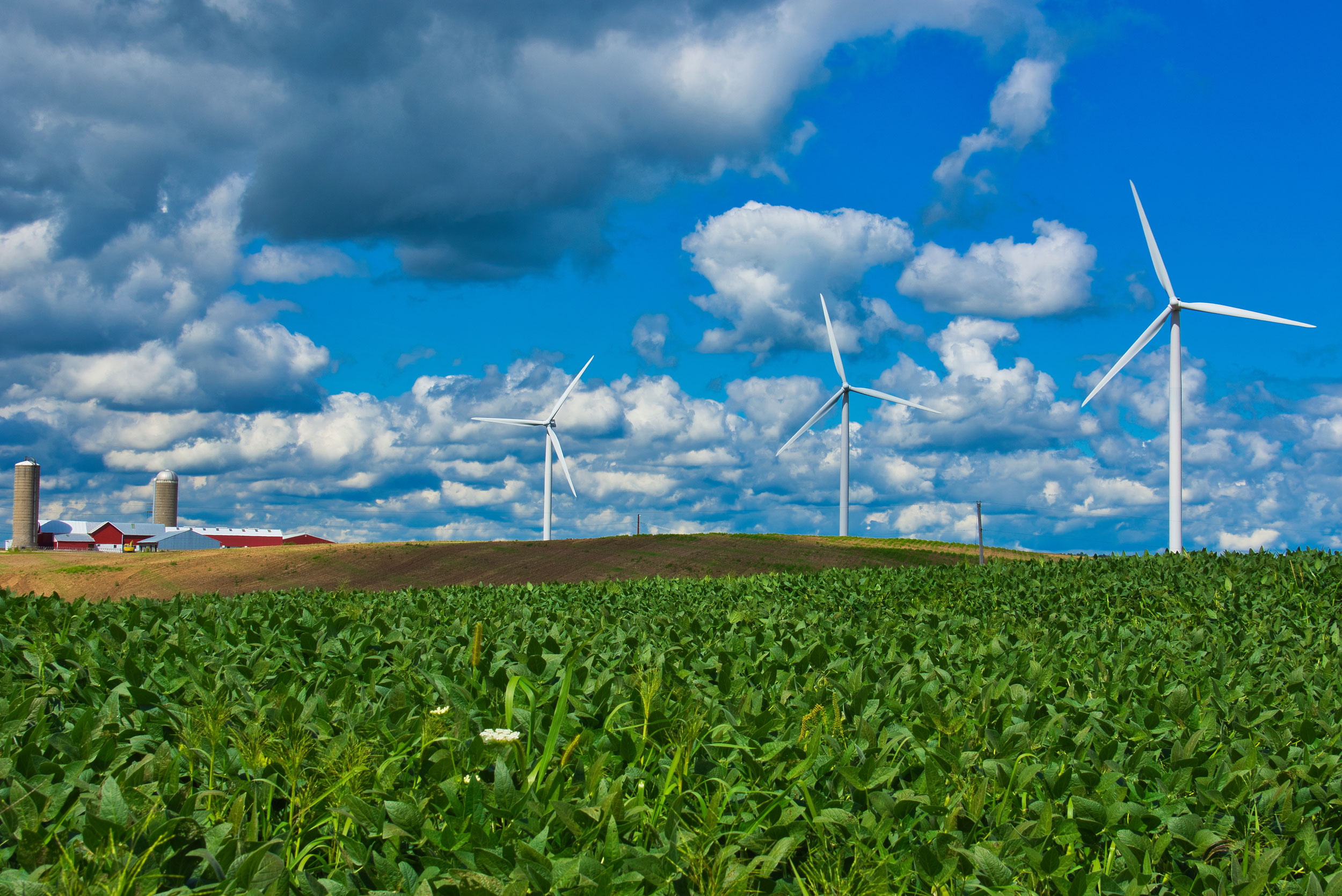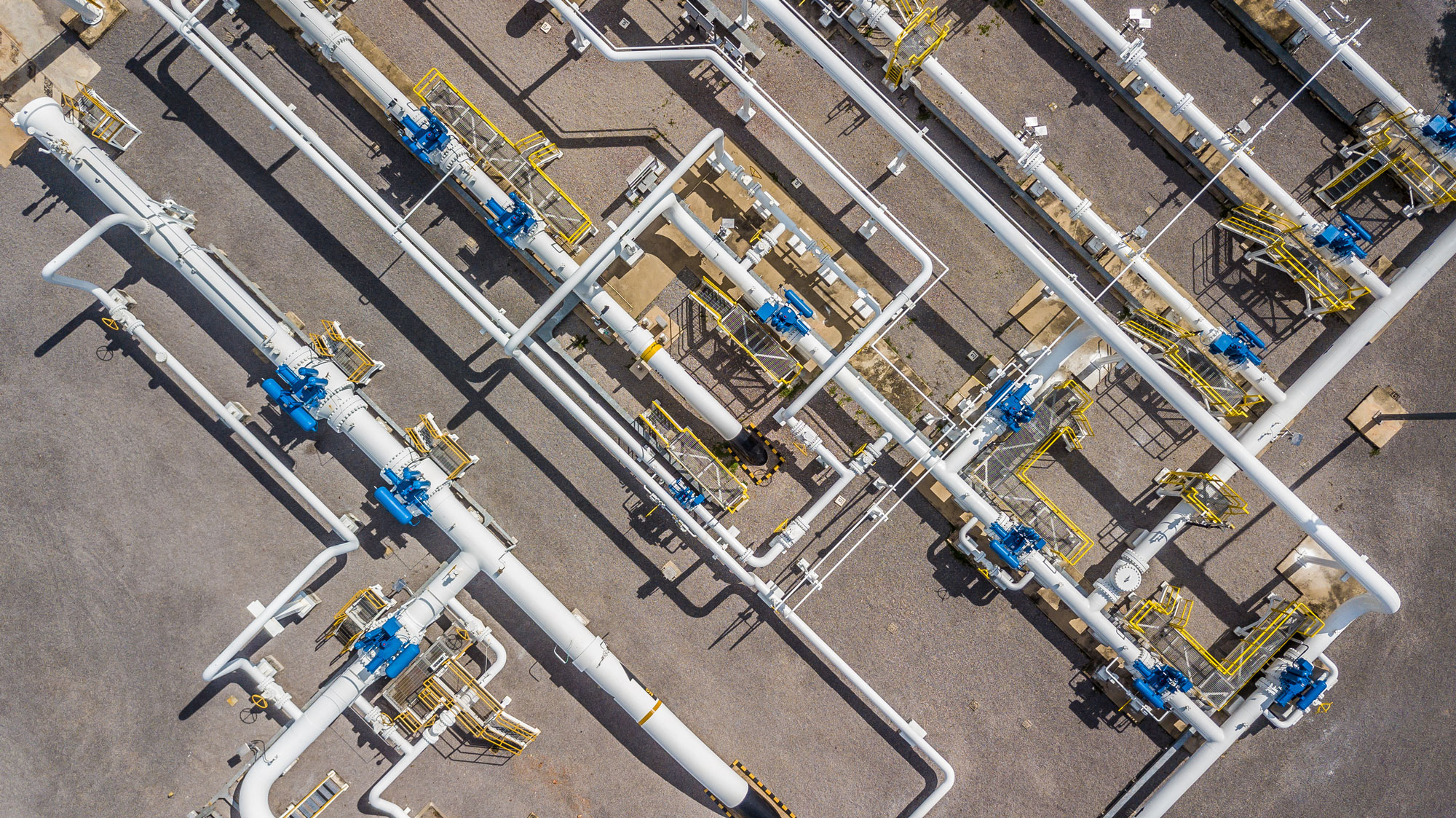sponsor content What's this?
Energy
The Power of Opportunity: Why Pennsylvania Holds the Keys to USA’s Energy Future

Elizabeth A. Rosentel Buchanan Ingersoll & Rooney
.jpg)
There may be no other state (or commonwealth) in the country as poised to take advantage of the United States’ extraordinary energy potential as Pennsylvania. If it isn’t already, the Keystone State is set to be the blueprint by which other states mold their own strategies as we work to usher in the next phase of American energy prosperity.
Today, Pennsylvania remains the second-largest energy producing state in the country, trailing only Texas. Although the Commonwealth’s share of energy production is continuing to grow, there is a risk that it will stagnate if an all-of-the-above approach to energy isn’t truly embraced – and done so quickly.
While the partisan divide in Pennsylvania politics is very real, what should not be partisan is the need to create economic opportunity, to invest in people through job development and increased training, and to accept that energy prosperity comes not from putting all our eggs in one basket. In order to best position the Commonwealth to become an energy growth engine, we need to further diversify our energy supply and create policy that is as friendly to natural gas, coal and nuclear energy development as it is to hydrogen, wind, hydropower and solar. Not only is this better for business, but it’s better for energy reliability in both the short and long term.

Pennsylvania is fortunate to have such a diverse energy portfolio, and policy should not pit them against each other by creating winners and losers. This isn’t a zero-sum game. With the right approach, and with collaboration between regulators, lawmakers and businesses alike, we can unlock a policy structure that works for all Pennsylvanians.
Finding a Seat at the Table
Businesses across the energy landscape have an opportunity to take a seat at the table and work with lawmakers across both aisles to explain their priorities, detail how their energy initiatives will benefit both the Commonwealth and its people and share what they require from a legislative and regulatory perspective to allow Pennsylvania to flourish. Economic advancement is possible when businesses have a voice and can educate state and federal representatives on what has the power to boost energy production, grow jobs and lead to real community and consumer protections.
Pennsylvania has always been an energy leader that embraces innovation. Our policy and our regulatory bodies must embrace that by finding ways to empower our diverse energy portfolio to truly thrive. When it comes to energy, legislation and regulatory policies must understand that diversity ensures security.
Preparing for an Uncertain Future
From natural disasters and extreme weather to potential attacks from bad actors, it’s impossible to predict what threats await that may impact energy reliability. We must prepare for those threats and take steps now to mitigate or even eliminate their impact on the power grid when they inevitably come.

Beyond enabling and promoting a diverse energy supply, Pennsylvania can better prepare for the unexpected by leveraging federal funds to invest in microgrids and other forms of supplemental baseload generation. With 83 percent of power outages over the past two decades coming as a result of weather events, facilities like hospitals, schools, and police/fire headquarters cannot rely on only hope to ensure their lights stay on. Investments need to be made today to shore up the grid and create backup generation capabilities so that when disaster strikes, its consequences are minimal.
More than ever, it’s critical for businesses and investors to work with Pennsylvania’s policy makers and look towards the future of our energy policy. Maintaining Pennsylvania’s diverse energy portfolio while fostering innovation to modernize the Commonwealth’s energy policy will lead to new jobs, more investments, and improved power security.
